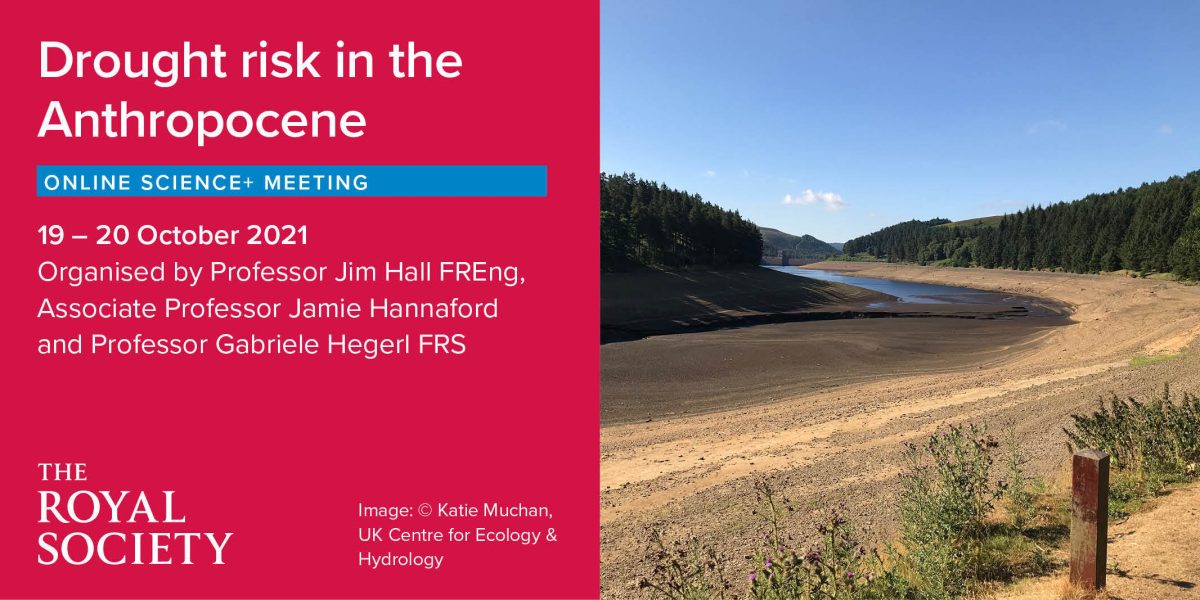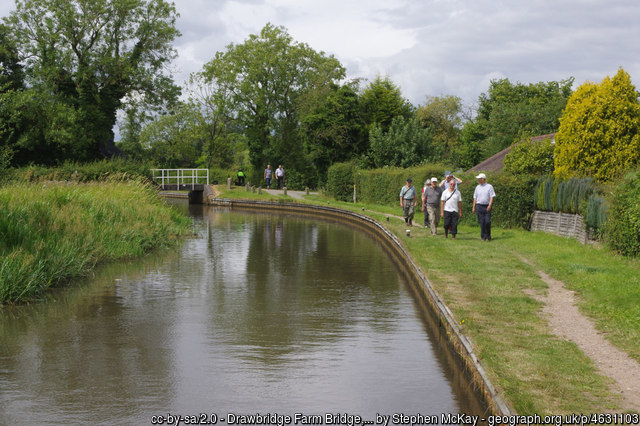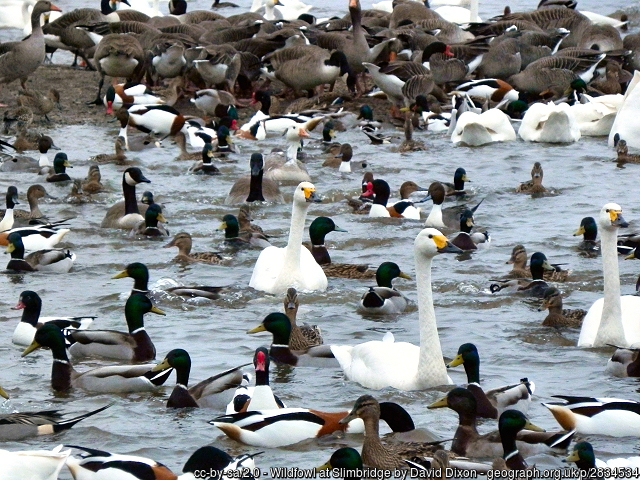‘Drought risk in the Anthropocene’ is a Royal Society Science+ meeting organised by Professor Jim Hall FREng, Associate Professor Jamie Hannaford and Professor Gabriele Hegerl FRS.
Taking place online on the 19th and 20th October 2021 the event is free to attend (advance registration essential).
Droughts and water scarcity jointly pose a substantial threat to the environment, agriculture, infrastructure, society and culture and their impact and prevalence are increasing driven by the climate crisis and increased water demand.
This Science+ meeting will explore scientific understanding of changing drought risk and examine drought impacts on the environment, people and the economy. Policy-makers, practitioners and scientists will discuss policy options for management of droughts in the future.
Speakers at the event include practitioners and researchers from across the world, making this a truly global event to discuss our adaptation to the Anthropocene in regards to drought and water scarcity.
More information about the event, the programme and registration details are available on the Royal Society’s website.



